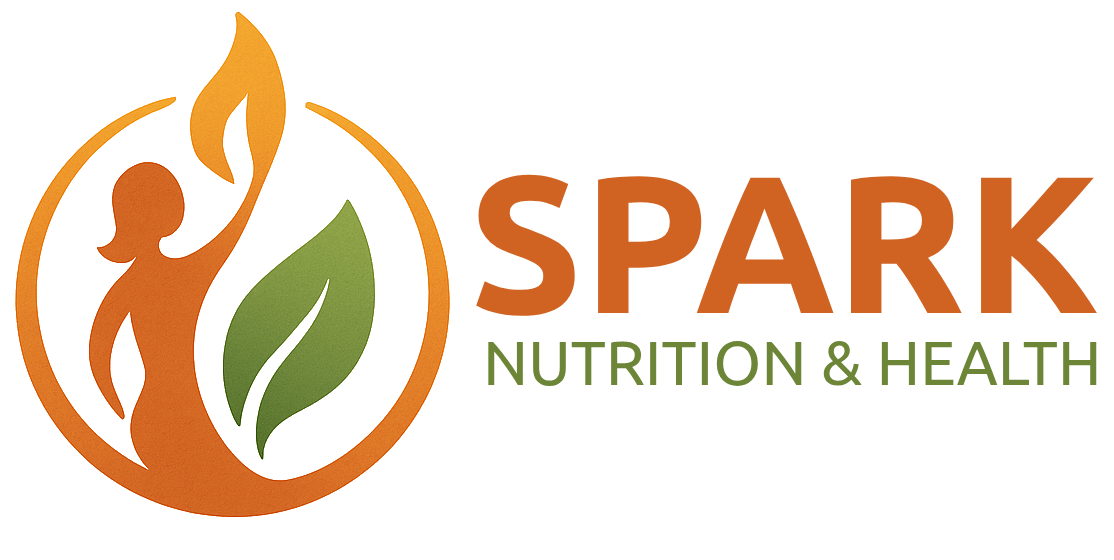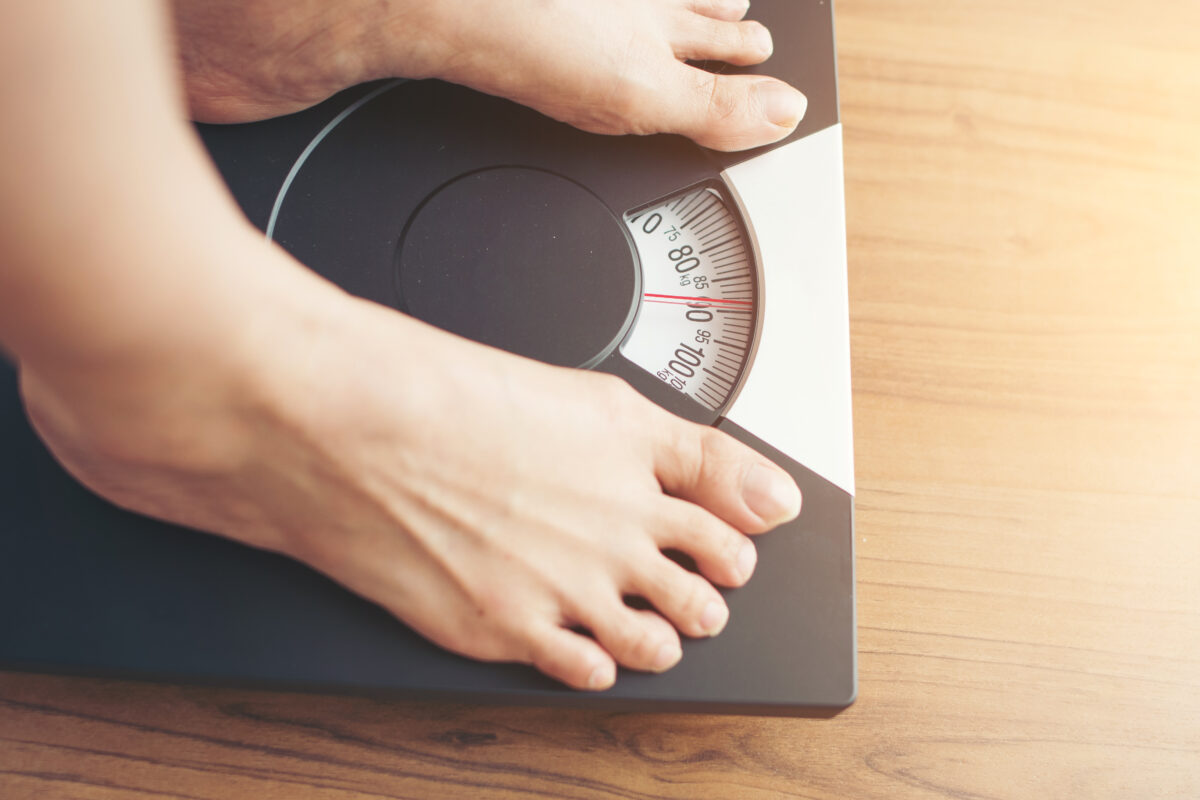Menopause Dietitian Nutritionist: Supporting Women’s Health through Midlife
Menopause is a natural part of every woman’s life, but the journey through it can sometimes feel challenging. Many women experience symptoms like hot flashes, fatigue, weight gain, mood swings, and digestive changes. With the right nutrition and lifestyle strategies, many of these symptoms can be effectively managed — and a Menopause Dietitian Nutritionist at Spark Nutrition & Health can guide you every step of the way.
Understanding Menopause and Its Impact
Menopause marks the point when a woman has gone 12 consecutive months without a menstrual period. The time leading up to this stage, known as perimenopause, can last several years and is often when symptoms begin. Hormonal fluctuations during this period can affect your metabolism, bone density, heart health, and even your mental well-being.
After menopause, women enter the postmenopausal stage ,when maintaining muscle mass, bone strength, and heart health becomes especially important.
While these changes are natural, they can sometimes feel overwhelming. That’s why working with a Menopause Dietitian Nutritionist can make such a meaningful difference.
How a Menopause Dietitian Nutritionist Can Help
A Menopause Dietitian Nutritionist is trained to understand how hormonal changes influence your body and how specific nutrients can support you through this transition. At Spark Nutrition & Health, we take a science-based yet compassionate approach to help you feel your best.
We don’t believe in strict diets or one-size-fits-all solutions. Instead, our registered dietitians work with you to design a personalized plan that supports your hormones, metabolism, digestion, and energy levels.
Whether you’re struggling with weight management, fatigue, or mood swings, we focus on creating practical, sustainable strategies that fit your lifestyle.
What a Menopause Dietitian Nutritionist Can Help You With
Our registered dietitians provide personalized support to help you feel your best during menopause. We focus on:
- Creating realistic, sustainable plans for healthy weight management.
- Supporting bone and heart health, both essential after menopause.
- Improving digestion and gut function for better comfort and nutrient absorption.
- Boosting energy and mood through balanced meals and lifestyle habits.
- Offering simple, practical tools to improve sleep and manage stress.
Personalized Nutrition for Every Woman
No two menopause experiences are the same, and your nutrition plan shouldn’t be either. Our team creates individualized plans based on your symptoms, preferences, and goals. Whether you want to improve digestion, or maintain a healthy weight, we work with you to find what fits your lifestyle.
We also offer Virtual Nutrition Counseling for Women, so you can meet with a Menopause Dietitian Nutritionist from the comfort of your home. Through one-on-one sessions, you’ll receive expert guidance, accountability, and continuous support as you navigate this stage of life.
What to Expect from Our Menopause Nutrition Services
When you work with Spark Nutrition & Health, you’ll receive personalized nutrition guidance designed to support hormonal fluctuations and ease menopause symptoms. Our team creates practical strategies that fit your lifestyle while providing evidence-based education about how menopause affects your body.
We focus on sustainable weight management and healthy eating habits that promote long-term results. Through ongoing virtual support, we empower you to feel balanced, confident, and in control of your health, during menopause and beyond.
Feel Your Best through Every Stage of Midlife
Menopause is a natural transition, not a problem to be fixed. With the right guidance from a qualified Menopause Dietitian Nutritionist, you can embrace this stage with strength and confidence. At Spark Nutrition & Health, we’re here to help you understand the changes, find what works for your body, and feel your best every day.
If you’re ready to take control of your health and feel empowered in midlife, connect with our expert team today. Book a virtual session with a Menopause Dietitian Nutritionist at Spark Nutrition & Health and start your journey to balanced, confident living.





